Yesterday, the government announced the UK would become “one of the first major economies to remove all its remaining Covid-19 travel restrictions”.
From Friday, announced transport secretary Grant Shapps, unvaccinated passengers arriving in the UK will no longer need to take a pre-departure test or post-arrival test, or fill in passenger locator forms.
He described the ditching of the UK’s last remaining Covid rules as a “landmark moment for passengers and the travel and aviation sector”.
But it comes as both Covid cases and hospitalisations have surged again in the wake of the removal of most restrictions two weeks ago. They are up 48% and 16.9% respectively in the past week versus the previous week.
Fuelled by the emergence of BA.2, a more-transmissible strain of the Omicron variant, Covid cases are also rising in Europe. In Germany and Austria, new cases reached a record high last week, according to data from Johns Hopkins University.
China is also battling record numbers of Covid infections, with authorities putting the city of Shenzhen and the entire Jilin province into lockdown in what Sky News described as “the country’s biggest challenge since the dark days of Wuhan”.
It all feels depressingly familiar. And it’s no doubt hugely concerning for food businesses already battling inflation, cost pressure and uncertainty.
According to a report in The Times yesterday, there are fears lockdowns in China could disrupt shipping from Shenzhen, which is one of the world’s biggest ports – potentially causing further disruption for global supply chains already challenged by the war in Ukraine.
A significant surge of cases in the UK, meanwhile, might result in rising absence levels, piling more pressure on suppliers and retailers. Not least given the end of testing, which will make it harder to track and trace potential outbreaks among staff.
It’s too early to panic. While they are on the rise, cases in UK remain well below their peak in January 2022. But businesses would perhaps be advised not to follow the government’s lead in rushing to scrap all Covid measures just yet.
Just look at Wilko, which faced a backlash after The Mirror published a memo from the company saying staff with Covid could continue to work if they felt well enough, and has since made an apparent u-turn.
“When we get something wrong, we hold our hands up, admit it, and work to correct the situation”, said Wilko CEO Jerome Saint-Marc, who claimed there had been some “miscommunication” on the retailer’s Covid-19 policy.
“Our advice to team members that have Covid symptoms/test positive is that, while they are no longer required by law to self-isolate, they should still stay at home and avoid contact with others,” he added.
With lots of confusion about what is and isn’t acceptable in the wake of legal restrictions, we’re bound to see more incidents like this in the weeks ahead.
By scrapping Covid restrictions, the government has put the weight of responsibility directly on businesses, which is going to be a big challenge.
But the likes of the Trades Union Congress (TUC) argue that doesn’t mean businesses should in turn put the weight of responsibility on their staff by making it a personal decision whether to come into work with Covid, or stay at home and lose out on wages.
Not least because if cases continue to rise rapidly, businesses without the correct guidance for staff will be at highest risk of high absence rates.
With Scotland deciding to keep rules on face coverings in shops and public transport in place until April due to the rise in cases, according to the BBC, we are clearly not out of the woods yet.
Let’s just hope this wave proves to be less serious than the last – and Westminster’s race to ditch restrictions doesn’t turn out to be a big mistake.









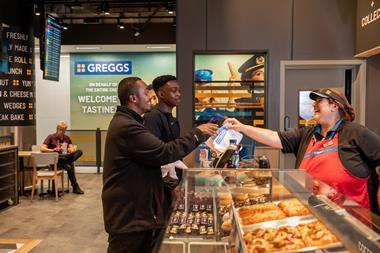
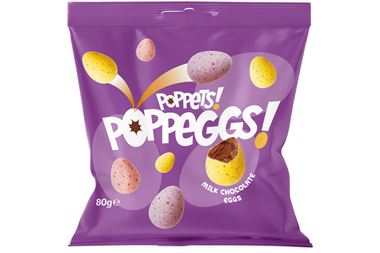


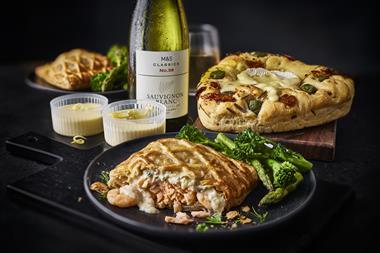
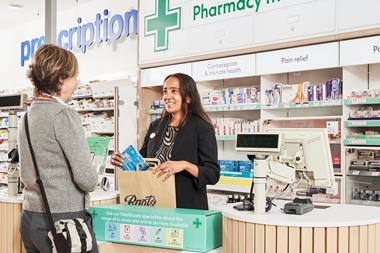
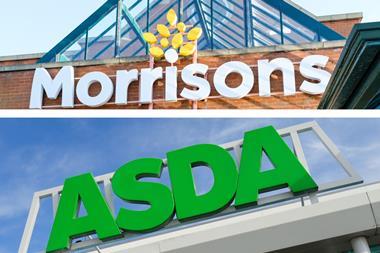




No comments yet